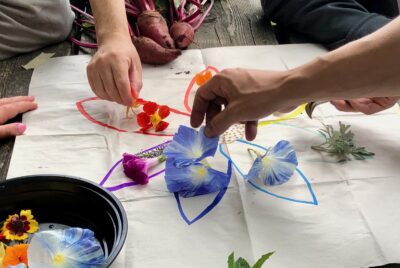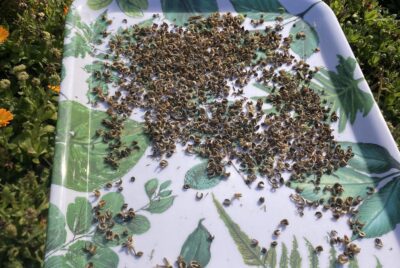RESEARCH
Slow Well-Being Gardening: Creating a Sensor Network for Radiation Therapy Patients via Horticultural Therapeutic Activity
Summary
The study aimed to enhance the well-being of patients undergoing clinical radiation therapy. This research was approached from the perspective of design computing, grounded in the SENS smart space sensing network and slow-design computing models. The core concept involved creating a comforting environment where patients could engage in horticultural therapy activities, supported by digital carriers, human-computer interaction equipment, and sensible spaces, with the goal of promoting stability and positive changes in patient behavior and psychological state. The research established a “Slow Well-Being Gardening” model that integrated recent well-being evaluation conditions, such as heart rate variability (HRV) and facial expressions (smiling), with the objective of moving towards objectively quantifying well-being.
The study was conducted in a dedicated lounge space for cancer patients receiving radiation therapy at a medical center in New Taipei City, Taiwan. This space was equipped as a sensible space with a sensor network, including motion, soil moisture, and face image sensors, alongside a wearable device (smartwatch) for HRV monitoring. Twelve radiation therapy patients with depressive tendencies participated, consisting of an experimental group (6 subjects) who performed horticultural activities daily and a control group (6 subjects) who used the lounge without specific tasks. Participants were matched for age and gender, and the study lasted for 10 days. Data on HRV, facial expressions (smiles), and respiratory rate were collected via the sensor network and analyzed to assess the system’s impact, with ethical review and informed consent obtained.







